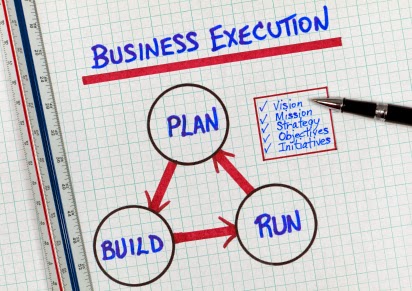 There is one big mistake many small business owners tend to make when it comes down to tax time -- they don't bother communicating with their accountant (if they have one to begin with). A tax accountant shouldn't just be there for last minute consultations. Instead, they should be a key voice in business operations throughout the year. This is the single best way to avoid becoming one of the 44% before you even know what's happening. What should know about planning your taxes this year? Here are three things you should keep in mind.
There is one big mistake many small business owners tend to make when it comes down to tax time -- they don't bother communicating with their accountant (if they have one to begin with). A tax accountant shouldn't just be there for last minute consultations. Instead, they should be a key voice in business operations throughout the year. This is the single best way to avoid becoming one of the 44% before you even know what's happening. What should know about planning your taxes this year? Here are three things you should keep in mind.1. Having Current Financial Statements is Needed for Lenders
If there's one thing small businesses often need -- especially new ones -- it's money. This means you will need to go to a lender for a loan. If your financial statements are outdated or ill-prepared, you're going to be less likely to qualify for a business loan. An accountant for small businesses can help keep track of information like this.
2. Using Accounting Software Without Understanding the Mechanics Behind it Isn't Enough
There are some great automated tax services out there, but they aren't always enough. As an article in the small business section of Fox.com points out, "throwing data into QuickBooks without knowing the key elements of the bookkeeping process can create some disastrous results, and those results may adversely affect your tax return." It's a good idea to seek a professional's opinion in any area you're not quite sure about.
3. Cloud Computing Can Help You Track Real Time Finances
SmallBizTrends points out that cloud accounting software can help both you and your small business tax accountant better understand your company's real-time finances. This will both cut down on how long you need to spend talking to them, as well as improve your ability to make business decisions based on your current financials. Meetings are more effective when everyone is on board with your current status. Says SmallBizTrends:"One of the benefits is that your accountant gets to know your business. The busy work is already done."
Do you plan on hiring a small business tax accountant? Let us know in the comments.
No comments:
Post a Comment